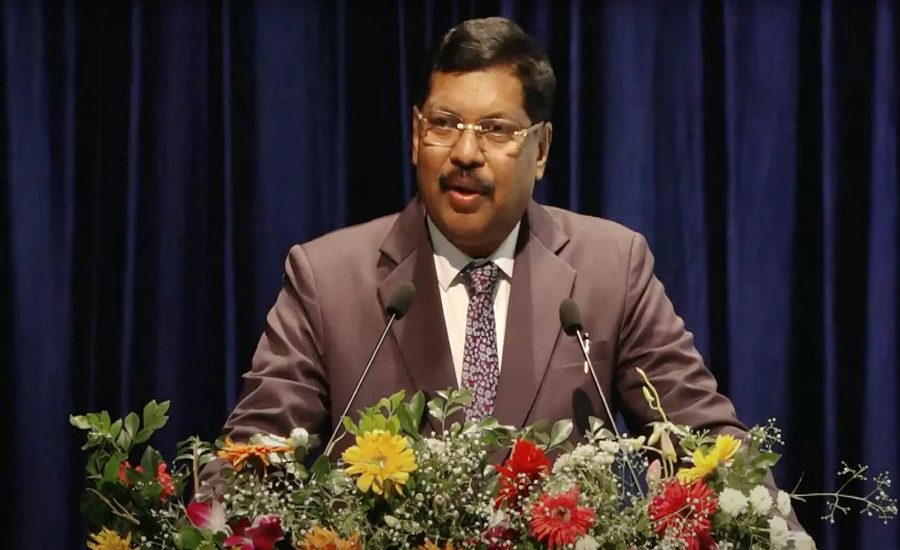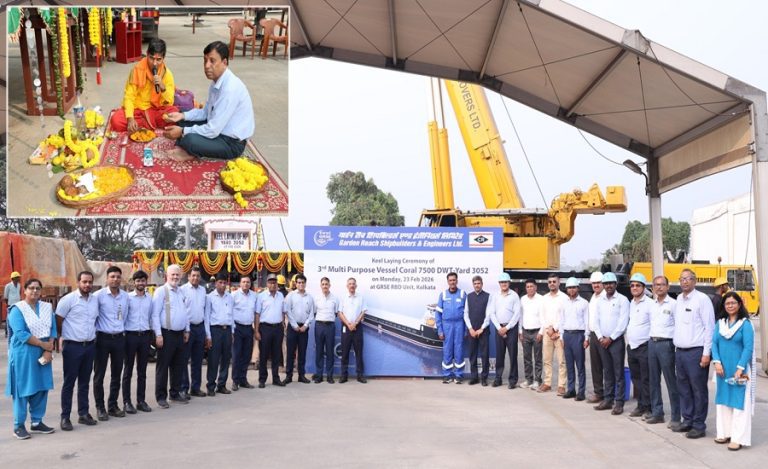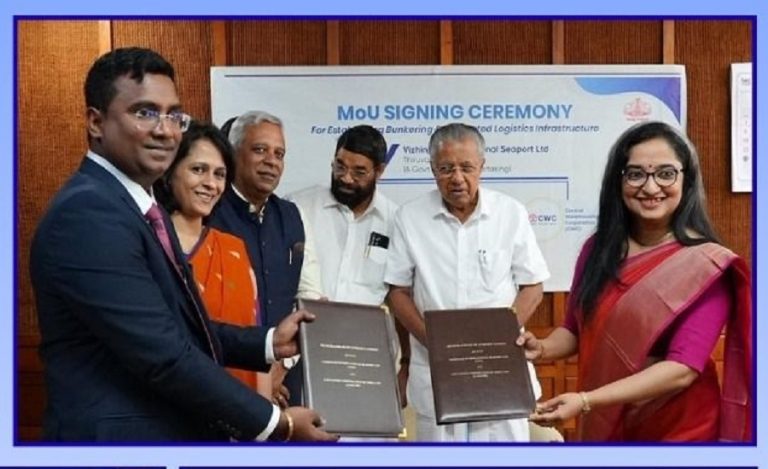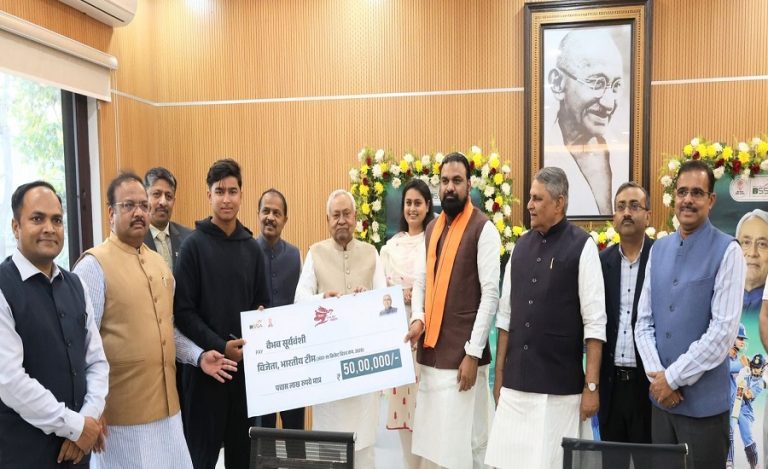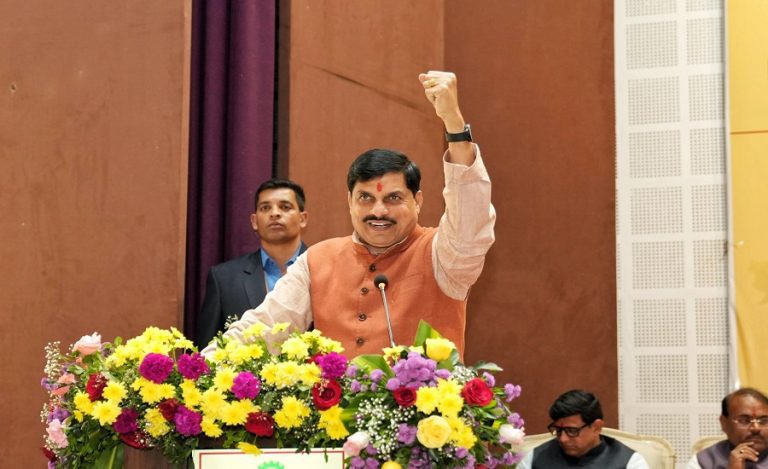Thimpu: On 24 October 2025, Chief Justice of India B.R. Gavai delivered a keynote address in Thimphu, Bhutan on the theme “Courts and Constitutional Governance”.
He observed that the judiciary’s role goes beyond interpretation of law — it involves nurturing public trust, constitutional literacy and democracy itself.
Read also: Next CJI of India: Find Out Who’s Set to Become the New Chief Justice – Full Story Inside
This address was part of the Fifth “Wisdom for Future” Talk Series organised by the Jigme Singye Wangchuck School of Law at the Royal Institute of Management, Bhutan.
Sharing cultural and constitutional affinities with Bhutan, CJI Gavai referenced landmark Indian judgments such as Kesavananda Bharati v. State of Kerala and the “basic structure” doctrine, emphasising their global resonance.
Key Highlights of the message of CJI B.R. Gavai
1. Courts Are Educators, Not Just Adjudicators: CJI Gavai stated that courts must consider their judgments as “lessons in democracy”. He said:
“Each judgment becomes a point of reflection, a subject of public dialogue, and a catalyst for civic awareness.”
By framing courts as educational institutions, he expanded the role of the judiciary beyond dispute resolution to civic formation and constitutional consciousness.
2. Moral Legitimacy & Public Trust: He stressed that judicial authority rests not merely on coercive power, but on moral legitimacy — the trust of the people.
“Public trust is the judiciary’s most valuable asset,” he declared, urging transparency, reasoned judgments and consistent adherence to constitutional principles.
3. Constitution’s Basic Structure and Global Reach: Referring to the Kesavananda Bharati case and related jurisprudence, CJI Gavai noted that India’s basic structure doctrine has inspired constitutional thinking beyond its borders.
By connecting Indian constitutional experience and Bhutan’s system, he highlighted regional cooperation in upholding democracy and rights.
4. Judiciary’s Educative Responsibility: He conveyed that judges should remain conscious of their educative role:
“As judges, we must remain conscious of this educative role, while being mindful of the delicate balance between judicial aloofness and social engagement.”
Thus, courts should not be distant but should foster constitutional awareness among citizens.
About CJI B.R. Gavai
B. R. Gavai assumed office as the 52nd Chief Justice of India on 14 May 2025, becoming the first Buddhist to hold that post.
His career has been marked by advocacy for access to justice, legal education reform and strengthening of constitutional values.
For instance: In August 2025, he emphasised the need for strong legal education infrastructure beyond elite institutions.
Earlier, he had advocated for decentralising the judiciary so justice reaches people’s doorsteps.
His public addresses emphasise not only the formal workings of courts but their role in shaping society’s democratic ethos.
Importance of This Message
Strengthening Democracy: When courts treat judgments as educational tools, citizens better understand their rights and duties.
Constitutional Literacy: CJI Gavai’s message pushes for judges to shape public understanding of the Constitution’s spirit—not just its letter.
Regional Legal Cooperation: His visit to Bhutan signals deeper constitutional and legal collaboration between India and neighbouring democracies.
Judicial Accountability & Trust: By focussing on moral legitimacy, the judiciary’s image and credibility in the public sphere get reinforced.
Way Forward
- Implementation of measures promoting constitutional awareness at grassroots level — legal aid camps, public education, community mediation (already a topic of his earlier addresses).
- Judicial decisions being framed more explicitly as lessons for the public, not only for parties to the case.
- Enhanced India-Bhutan cooperation in legal education and judicial governance, leveraging shared constitutional themes.
- Broader expansion of the basic structure doctrine’s influence, as flagged by CJI Gavai.

